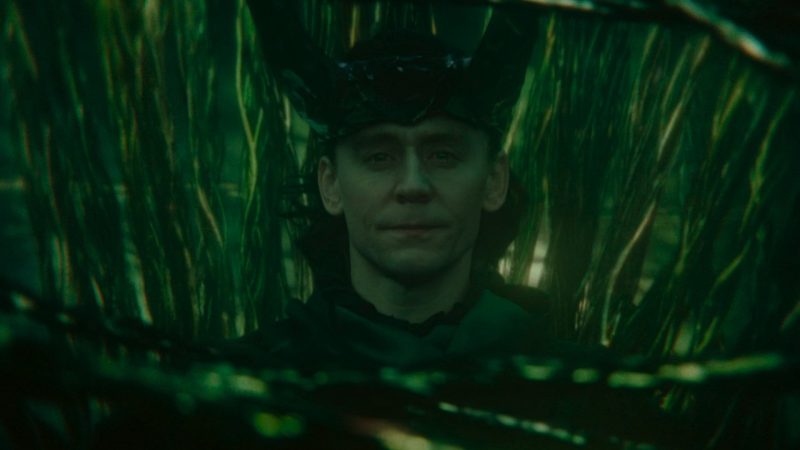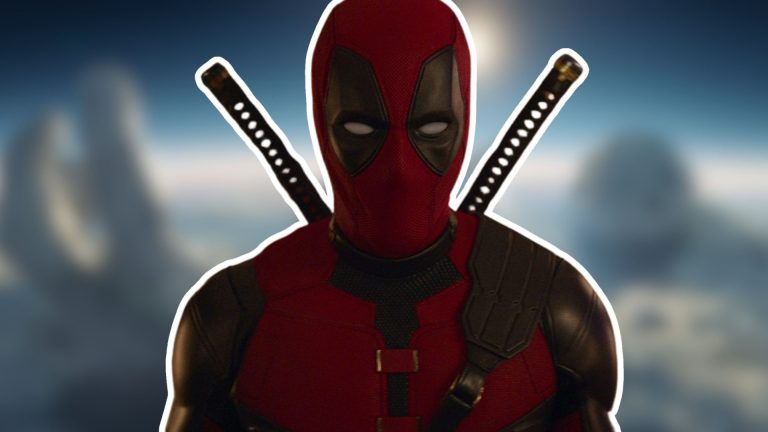Disney‘s ambitious push for its streaming platform might have come at the expense of its most prized possessions.
Brad Winderbaum, a Marvel Studios’ executive, recently reignited conversations of the impact Disney+ has had on some of Disney’s most lucrative properties, specifically, the Marvel Cinematic Universe.
According to Winderbaum, there was an initial mandate aimed at producing an array of content for Disney+ as swiftly as possible. This surge in content production came with a lot of repercussions, ultimately leading to the company’s latest strategic pivot towards spreading out release dates, allowing for further refinement of projects that were already in the pipeline.

The most recent shift, as revealed by Winderbaum in an interview with Comicbook.com, now sees Disney and Marvel Studios take a more deliberate approach with an emphasis on their quality. Projects such as Nova and Ironheart, previously announced with much fanfare, have seen delays and extended development periods. This adjustment marks a departure from the previous “quantity over quality” strategy, as Marvel Studios starts adopting a more traditional studio model, focusing on developing more projects than it actually plans to produce. Such a model allows for a careful selection process, ensuring that only the most promising projects make it to production.
Critics and fans alike have voiced concerns over the past few years regarding a decline in the quality of Marvel Cinematic Universe projects. The rush to populate Disney+ with a wide array of content led to issues like rushed CGI, inconsistent writing, and a sense of “superhero fatigue.” The strategic shift aims to address these concerns by allowing for more development time, potentially leading to higher quality content, which, hopefully will help reinvigorate fan interest and engagement with the MCU.
Moreover, the implications of this strategy extend beyond the realm of Marvel Studios. Disney’s entire approach to content creation and distribution is under scrutiny, as the industry grapples with the challenges of balancing theatrical releases with the demands of streaming platforms. The resulting dilution of quality across various franchises may force Disney, among others, to reconsider how they measure success in a rapidly changing entertainment landscape.
Despite the strategic pivot, there remain challenges in ensuring cohesive narratives and meaningful character development within the ever-expanding MCU.
The overall lack of follow-up on beloved characters and storylines introduced in Phase 4 of the MCU is particularly frustrating. The sequel’s delays and in the additional content for newly introduced characters like Shang-Chi and Moon Knight highlights the issues in maintaining momentum and audience interest over extended periods.
Whether this strategic pivot will successfully address the criticisms and set Disney on a path to renewed acclaim and success remains to be seen, but it’s a good start.
The MCU’s lone Hollywood outing for the year, Deadpool & Wolverine, will premiere on July 26.

